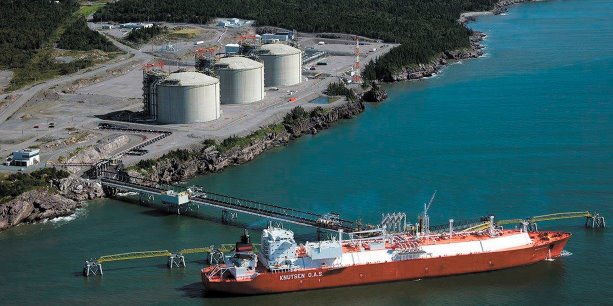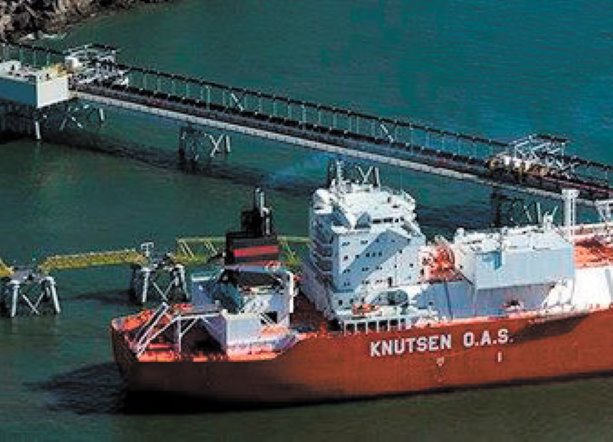Many industry watchers in British Columbia are concerned the province is getting a reputation as a jurisdiction where it’s hard to get large infrastructure projects approved.
Such major undertakings as the replacement bridge for the George Massey Tunnel in suburban Vancouver, the Kinder Morgan Trans-Mountain pipeline from Edmonton to Burnaby and the Site C Dam on the Peace River in northeastern B.C. are in danger, they say.
A growing number of organizations have been formed in B.C. to combat the province’s negative perception and to get large projects into construction.
"B.C. has developed a reputation in some quarters as a place where nothing can get built," said Phil Hochstein, Independent Contractors and Businesses Association of BC (ICBA) president.
"That’s troubling to us. No projects, no construction industry."
To help turns thing around, in early 2016 the ICBA began a non-partisan public opinion campaign called Growing the Economy.
"A poll in 2015 showed there was 84 per cent support for responsible development in B.C.," said Hochstein.
"At the time there was no group that spoke for those people. So ICBA began a campaign to bring together like-minded individuals to change B.C.’s reputation, to get resource development projects to ‘yes’. You can’t be a NIMBY (not in my back yard); you’ve got to be a YIMBY."
ICBA director of communications Catherine Loiacono says Growing the Economy is an integrated, multimedia campaign.
"We run paid media, such as television ads, as well as print and earned media," Loiacono said. "Social media, in particular, has been very effective for us, because we can target our audience."
Growing the Economy has an online community of more than 25,000, including 15,000 Facebook "likes."
"Our supporters are very engaged," said Loiacono. "They sign petitions and are not shy about interacting with other supporters, as well as opponents, on social media."
David Keane, president and CEO of the BC LNG (liquefied natural gas) Alliance, says the goal of his organization is to educate British Columbians about the benefits of LNG.
"One large, new LNG plant would be the single largest private investment project in B.C.," Keane said.
Founded in 2014 to foster the growth of an environmentally and socially responsible LNG industry in B.C., the alliance advocates for the industry as a whole, rather than for individual projects.
Keane says the Alliance has a number of audiences it tries to reach: labour in B.C. and the rest of Canada; local communities near the prospective shipping facilities and pipelines; B.C.’s Lower Mainland; and politicians at all levels of government.
"We weren’t surprised to find there is great support for LNG development in northeastern, central and northwestern B.C.," said Keane. "But our polling also told us supporters outnumber opponents across B.C. by two to one, and that even in the Lower Mainland there’s significant majority support for LNG development."
In addition to personal visits to the media and local politicians, the Alliance gets its word out by radio, television, Facebook and LinkedIn.
The Association for Mineral Exploration, with about 5,000 members, has represented mineral explorers and developers in B.C. since 1912.
Director of information and public affairs Jonathan Buchanan says that, in addition to engaging with government and being the voice of mineral explorers and developers on matters of land access and use, the association takes a great deal of interest in infrastructure that affects its members, such as electricity, roads and dams.
"For us, it’s a matter of productivity," said Buchanan.
No matter the organization, each has its advocacy work cut out for it.
"How society makes decisions now is a real post-modern problem," said Byng Giraud, country manager Canada of Woodfibre LNG Limited in Vancouver.
"We have a greater degree of democracy than in the past, where all opinions are deemed to count," said Giraud.
"On top of that, communication channels, including social media, are fragmented. Most people consume only the news that reinforces their opinions."
The key to reaching a consensus with all the various stakeholders in a large infrastructure project is honest dialogue.
"Dialogue is interactive and two-way," he said. "It’s not one-way corporate communications."
Giraud says that although hard-core opponents aren’t interested in dialogue, many people in the broad middle are open-minded, but don’t want to devote much time to the subject.
"They can have their opinions tweaked by a trusted source," he said. "Find out who they trust, to whom they’re prepared to delegate their decision. In B.C., for example, many people trust academics."
Dialogue is seldom easy or smooth.
"Tenacity and patience – a great deal of it – is required for effective dialogue," said Giraud.

1/2
Photo: BC LNG Alliance/Facebook











Recent Comments
comments for this post are closed